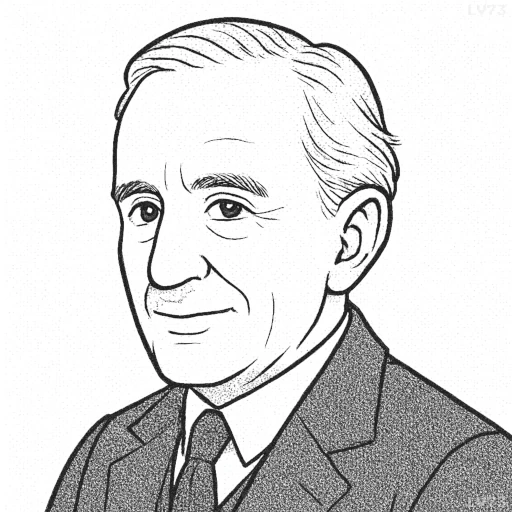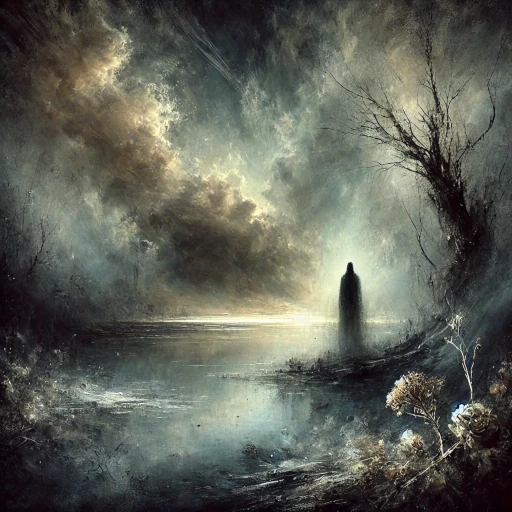“Many that live deserve death. And some that die deserve life. Can you give it to them? Then do not be too eager to deal out death in judgement. For even the very wise cannot see all ends.”

- January 3, 1892 – September 2, 1973
- Born in the Orange Free State (British)
- Author, linguist
table of contents
Quote
“Many that live deserve death. And some that die deserve life. Can you give it to them? Then do not be too eager to deal out death in judgement. For even the very wise cannot see all ends.”
Explanation
This quote reflects the complexity of judgment and the fallibility of human (or even “wise”) decision-making, particularly when it comes to matters of life and death. The first part acknowledges a harsh truth: many people live who, by their actions or nature, might seem to deserve death, while others who pass away may have undeservedly met their end. Yet, the speaker warns against rushing to judgment, because the power to decide life and death is not one to be taken lightly. The idea that even the wise cannot see all possible outcomes emphasizes the uncertainty and unpredictability of life, suggesting that no one can fully grasp the long-term consequences of their decisions, especially in life-and-death matters.
In Tolkien’s works, this theme plays out in key moments where characters must confront difficult moral choices. For example, Gandalf’s wisdom often leads him to make decisions that are tempered by mercy and restraint, even when others might be quick to call for judgment. This quote can be applied to characters like Frodo or Gollum, where even the wisest characters are unable to predict the full ramifications of their decisions. For instance, Frodo’s mercy towards Gollum, sparing him when others would have condemned him, ultimately plays a crucial role in the ultimate fate of the Ring and the success of the quest. It is a reminder that mercy and restraint are often more profound than immediate retribution, especially when the future is unknown.
In modern contexts, this quote can be seen as a call for humility in the face of life’s most difficult decisions. Whether in legal systems, conflicts, or personal relationships, the urge to deliver swift judgment or punishment can be strong, but the consequences of such actions are often impossible to fully anticipate. For example, in situations where justice is sought for acts of violence, it’s crucial to consider context, redemption, and the potential for change—rather than acting in blind retribution. The quote encourages us to pause and reflect before making irreversible decisions, recognizing that even the wisest among us can make mistakes in judgment.
Would you like to share your impressions or related stories about this quote in the comments section?






